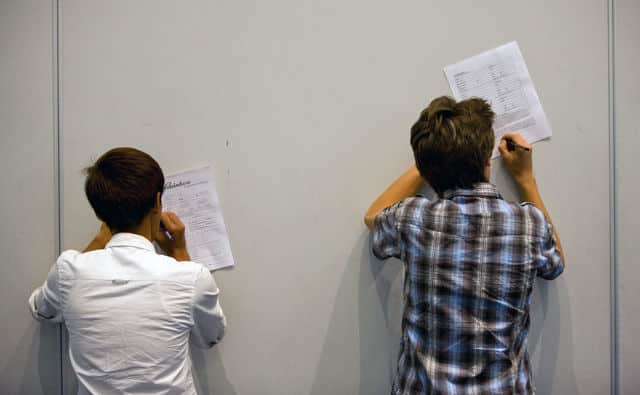- Credits: When a student completes a course at high school or university, he or she receives a credit for it. A certain number of credits are required to earn a diploma/ degree.
- Compulsory: Something that must be completed (I.e credits that must be completed to graduate with a high school diploma)
- Community Involvement: Community volunteer work outside of school hours. (May be needed graduate from high school)
- Optional: School courses that a student chooses to take.
- Full Disclosure: In Grades 11 and 12, a student’s achievement for all courses taken or attempted is recorded as percentage grades earned, credits granted, or ‘’w’’ if you withdraw from a course before completing it.

- Semester: An equal part of a school year. (1/2 of the academic year)
- Alternative Education Programs: Education programs that differ from traditional schooling, such as enrichment programs, flexible scheduling, and/or schools without formal classes.
- Term: A part of a school year.
- Co-operative education: An education program that offers or combines work experience with regular classes.
- Work experience: Opportunity to learn on the job.
- Youth apprenticeship: Combines in-school learning and on-the-job training, with pay from the employer.
- Correspondence Courses: Study material for courses is mailed to a student’s home, where he or she completes it and mails it back for evaluation.
- Distance Education: Studying at home, using computer connections or long distance telephone calls to communicate with an instructor. (For people who live far from available schools or universities)
- Secondary: Term used for high school.
- Post secondary: After high school.
- Apprentice: A person being trained on-the-job by a qualified supervisor.
- Trade: A job or business involving mechanical ability or buying and selling.
- Diploma: The certificate a student receives when he or she graduates from high school or college.
- Bachelor’s Degree: What a student receives when he or she graduates from an undergraduate program at an university/ college.
